Sleeping in your car is a practice many travelers, workers, and residents might consider when navigating the highways and cities of Alabama. Whether you’re on a long road trip, facing an emergency, or simply trying to save some money, it’s important to understand the rules and the potential legal challenges that could affect your decision. In this comprehensive guide, you’ll discover essential information about Alabama’s laws regarding sleeping in vehicles, how local ordinances play a role, and the practical realities of catching some rest inside your car across the state.
Understanding Alabama’s State Laws
Across Alabama, there is no sweeping state law that directly prohibits sleeping in your car. For many, this comes as a relief, particularly those passing through on cross-country journeys. The absence of a statewide ban means the legal landscape is shaped more by local rules and site-specific restrictions than by a universal legal code. However, several broader laws may still apply in certain situations, affecting how, where, and when you can sleep in your vehicle.
Public Safety Concerns and Loitering Laws
One of the major factors influencing whether sleeping in your car is tolerated or considered unlawful are public safety concerns. Loitering statutes exist across the US, and Alabama is no exception. Loitering essentially prohibits remaining in place without a legitimate reason, especially in areas where you could disturb the peace or raise public safety concerns.
If you park your car in a space where overnight parking is not allowed, such as private business lots (like supermarkets or retail stores) or certain public property, you may be approached by law enforcement and asked to move. Loitering charges in Alabama are typically enforced if an individual is found in a location, especially late at night, with no clear reason or intent—or if the presence is deemed suspicious. Being inside a vehicle is not a shield from loitering laws, so avoid staying in places where you might appear to be loitering.
Local Ordinances Shape Enforcement
Local city and county governments have the authority to set their own rules regarding sleeping in cars. For instance, some cities enact stricter policies, especially in popular tourist destinations or urban areas with high traffic. Many municipalities have ordinances that specifically restrict overnight parking or sleeping in vehicles within certain zones, such as downtown districts, near parks, or around schools.
Residents in cities like Birmingham or Mobile might find that parking overnight on certain streets or in residential areas could violate local codes. Enforcement practices may vary widely, even within the same city, depending on police priorities and public complaints. Therefore, it is wise to always check for posted signs regarding parking and overnight stays, and to understand neighborhood customs before deciding to sleep in your car.
Where Are You Likely Safe to Sleep?
Rest stops along major highways in Alabama often serve as havens for weary drivers. These spaces are intended to allow travelers to pull over, rest, and ensure that they don’t drive while fatigued. According to transportation guidelines, Alabama rest stops generally allow sleeping for short periods—primarily to promote safety on the highways. However, these facilities are not meant for extended overnight stays and should not be considered camping sites.
Campgrounds and public parks frequently have specific rules and are more likely to tolerate overnight stays with proper permits. If using your car as a sleeping space in a designated camping area, always pay the necessary fees and follow posted regulations. Private RV parks may offer spaces for cars at a modest rate, including amenities like bathrooms and showers.
On the other hand, parking in a residential area or outside public buildings can be riskier. In these cases, law enforcement and community residents may view your presence with suspicion, possibly leading to an uncomfortable encounter or legal trouble. Always prioritize locations with clear permissions and avoid staying anywhere that could create a nuisance or inconvenience to others.
Key Exceptions to Consider
While sleeping in your car is generally not illegal in Alabama, there are important exceptions. If your car is parked illegally—such as in a fire lane, handicapped spot without authorization, or blocking driveways—you could face fines or towing. Similarly, driving under the influence or being intoxicated inside your parked car can result in arrest. Alabama’s DUI laws are strict, and being found asleep in the driver’s seat with the keys accessible can be interpreted as having “control” over the vehicle, which may result in a DUI charge even if the vehicle is not running.
In addition, certain public spaces like school zones or government properties may have explicit prohibitions against parking or sleeping. Always obey signs and avoid sleeping in areas that could be considered sensitive or inappropriate.
Safety Precautions When Sleeping in Your Car
If you choose to sleep in your vehicle, safety should always be your top priority. Lock your doors, keep valuables out of sight, and park in a well-lit area whenever possible. Professional drivers and frequent travelers recommend parking in view of security cameras or in areas with regular patrols for added peace of mind. Be respectful of your surroundings and keep noise to a minimum.
Health considerations are important too. Proper ventilation is needed to avoid buildup of carbon dioxide. Open a window slightly, but not wide enough to compromise safety. If you are in a rural setting, be mindful of wildlife and insects.
Practical Tips for Travelers and Locals
Know beforehand where you plan to sleep. Scout out safe locations, such as highway rest stops, truck stops, and legal campgrounds. Truck stops, like those operated by major chains, may be more welcoming to overnight guests and often have facilities like restrooms, showers, and convenience stores.
When in doubt, ask permission. If you’re at a store or public lot, it’s a good idea to check with management regarding overnight policies. Some nationwide chains, like certain Walmart locations, allow overnight parking, though this is always subject to local manager discretion.
Finally, remember that respectful behavior goes a long way. Avoid littering, keep the noise down, and ensure your vehicle does not interfere with normal activities or traffic flow.
Recent Trends and Statistics
Sleeping in vehicles has become a more visible practice across the United States. According to national travel surveys, approximately one in ten Americans has slept in their car at least once, typically due to road travel, emergencies, or lack of affordable accommodations. Truck drivers, rideshare drivers, and people engaged in gig work often report sleeping in their vehicles during long-haul breaks or while between jobs.
In Alabama, rest stops experience steady traffic from interstate travelers, with thousands stopping each week for breaks. Urban centers like Birmingham and Montgomery periodically introduce measures to balance public safety concerns with the needs of people relying on their vehicles for shelter. These measures can include increased patrols, clearer signage, and periodic outreach initiatives aimed at helping those who may be experiencing homelessness or economic hardship.
Public Opinion and Social Awareness
Public opinion about sleeping in vehicles varies widely. Many see it as a practical solution for emergencies or travel fatigue, while others associate it with homelessness and public safety concerns. Advocacy groups regularly push for cities to provide safe, legal spaces for overnight parking, particularly in areas with high housing costs or limited shelter options.
In Alabama, the conversation around sleeping in vehicles intersects with discussions about affordable housing and social services. Community organizations often recommend more flexible parking rules at public facilities and increased outreach to those sleeping in vehicles to connect them with resources.
Alternatives to Sleeping in a Vehicle
If sleeping in your car does not seem safe or permissible, consider affordable alternatives. Motels, hostels, or short-term rentals may provide a more comfortable—and sometimes equally budget-friendly—experience. In rural regions of Alabama, cabins and campgrounds are widely available. Apps and online platforms cater to people seeking economical overnight options, offering spaces ranging from private parking pads to backyard cabins.
Organizations that support travelers and the homeless may offer information about shelters and safe sleeping spaces. Libraries, community centers, and travel clubs often maintain updated lists of local options.
Conclusion
Sleeping in your car in Alabama is not explicitly illegal under state law, but the practice is shaped by a patchwork of local rules, safety considerations, and public expectations. As long as you choose appropriate locations, respect posted signs, and maintain considerate behavior, sleeping in your car can be a safe and legal way to rest. Always prioritize your safety, abide by local ordinances, and stay informed about rules that could impact your stay. Alabama’s highways and communities offer a range of options for tired travelers and those in need, but understanding the legal and social landscape is essential to a smooth and trouble-free experience.
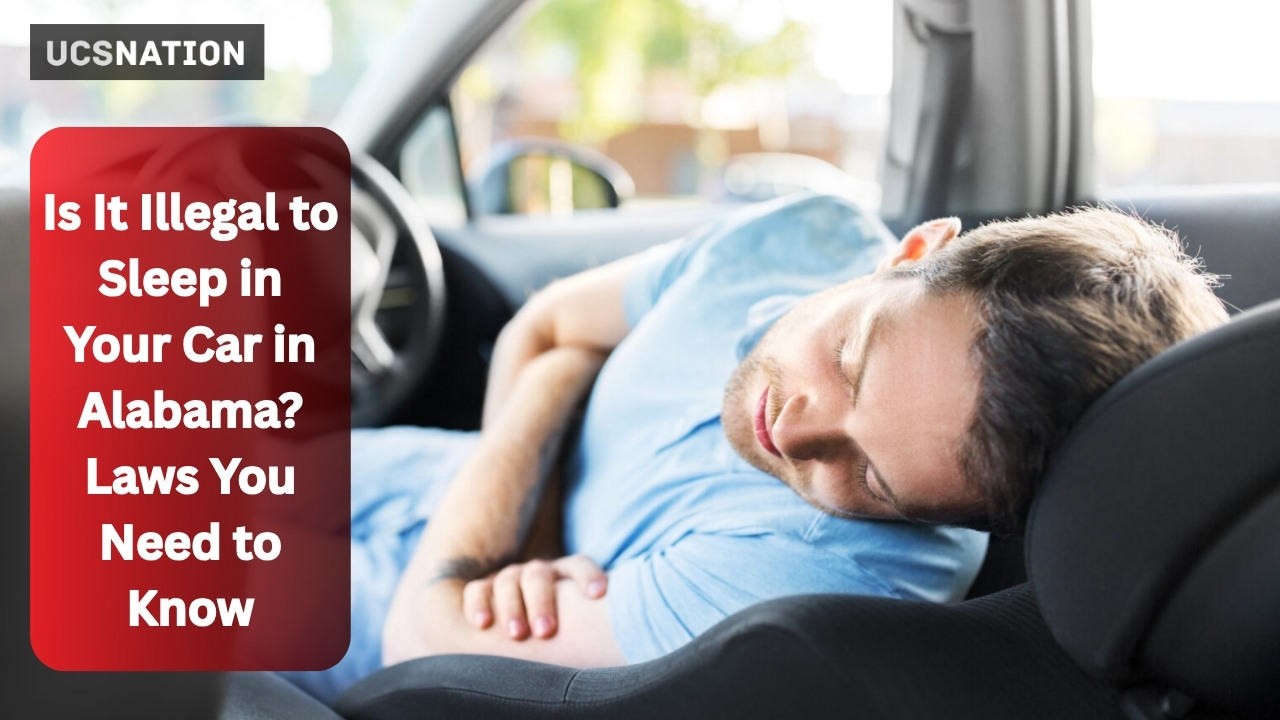





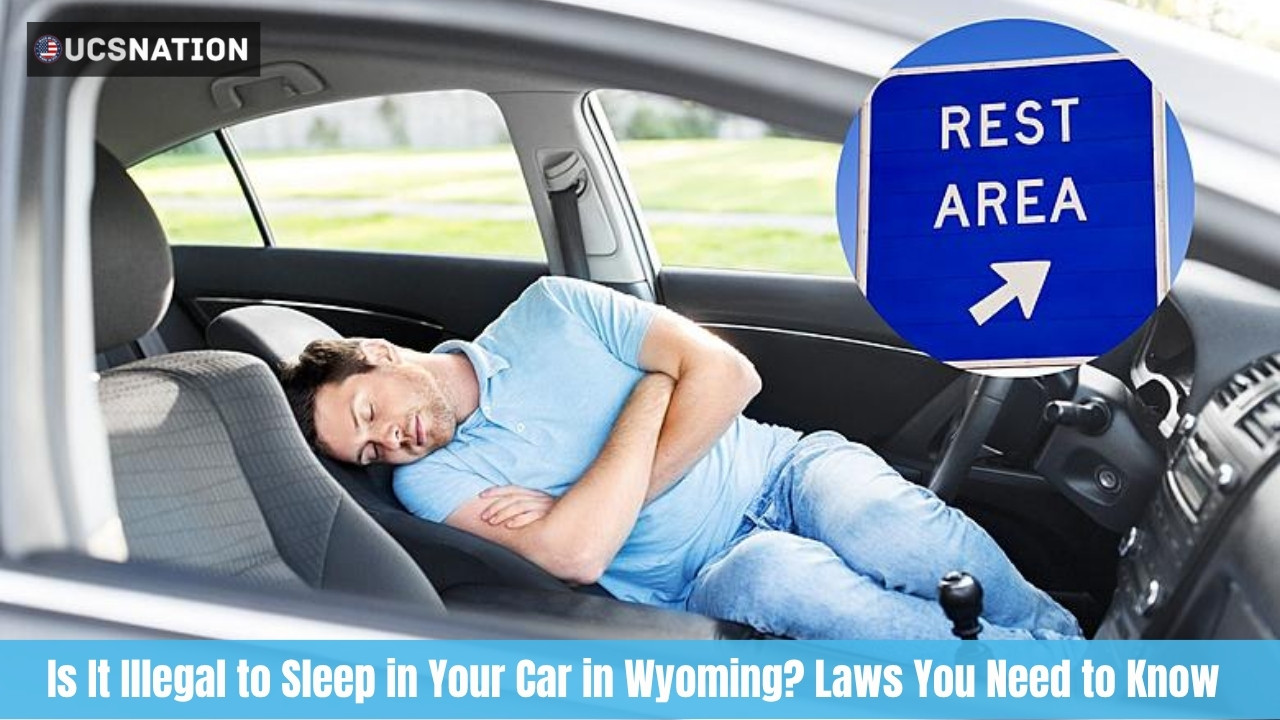
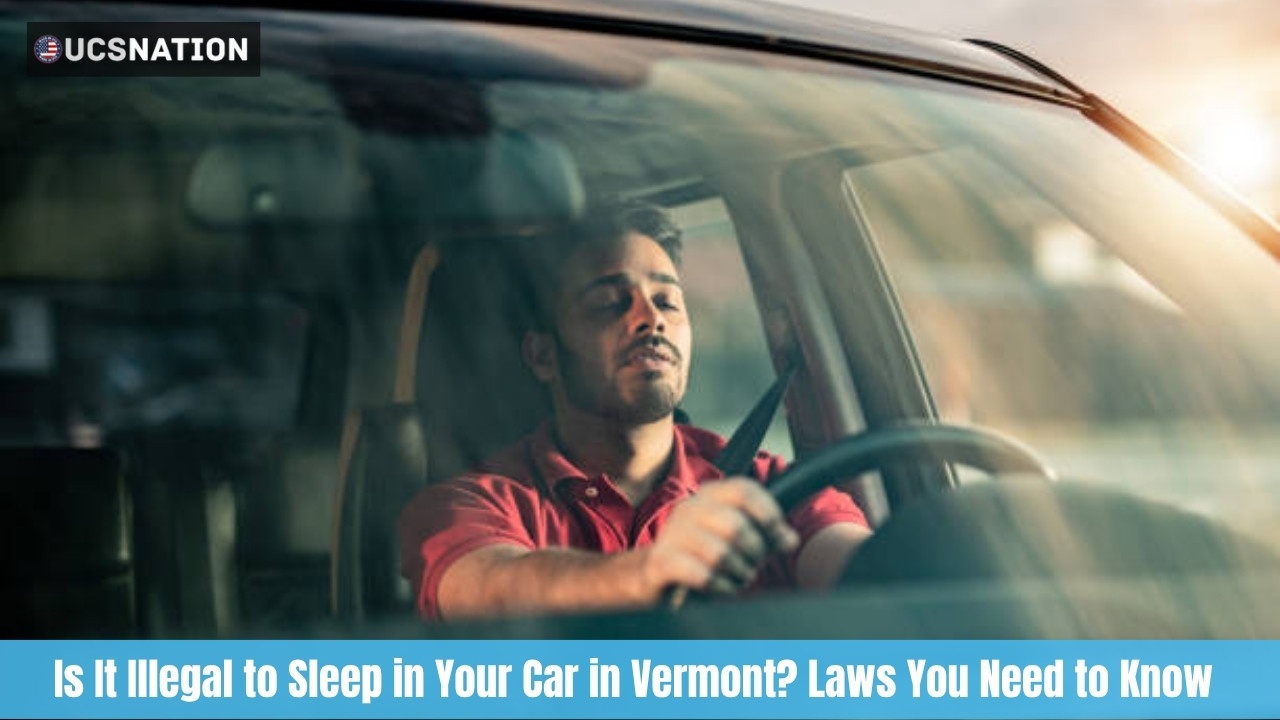
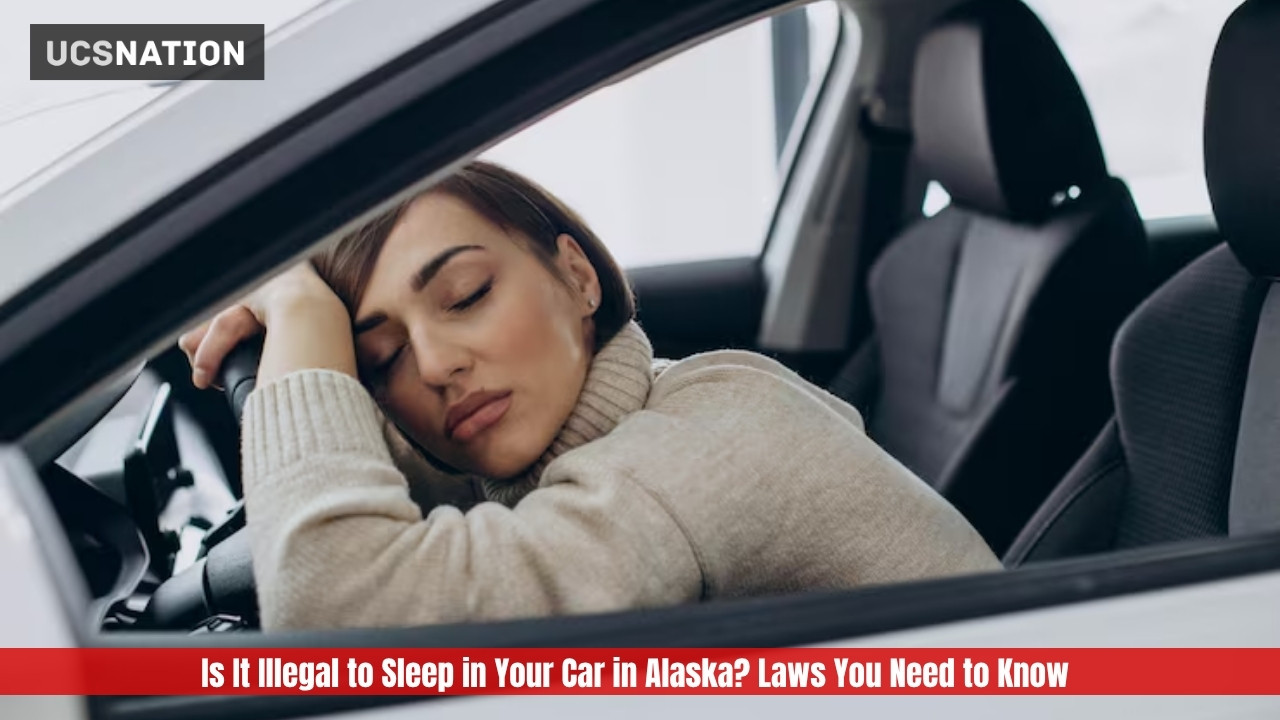
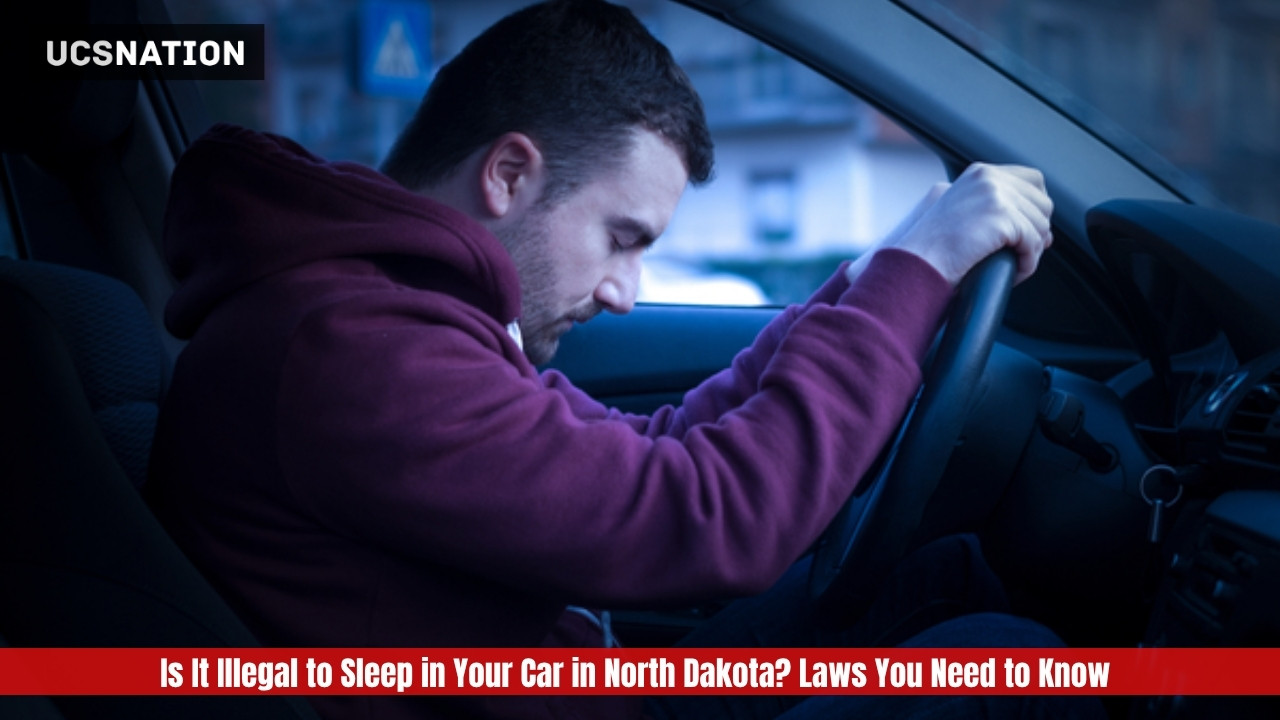
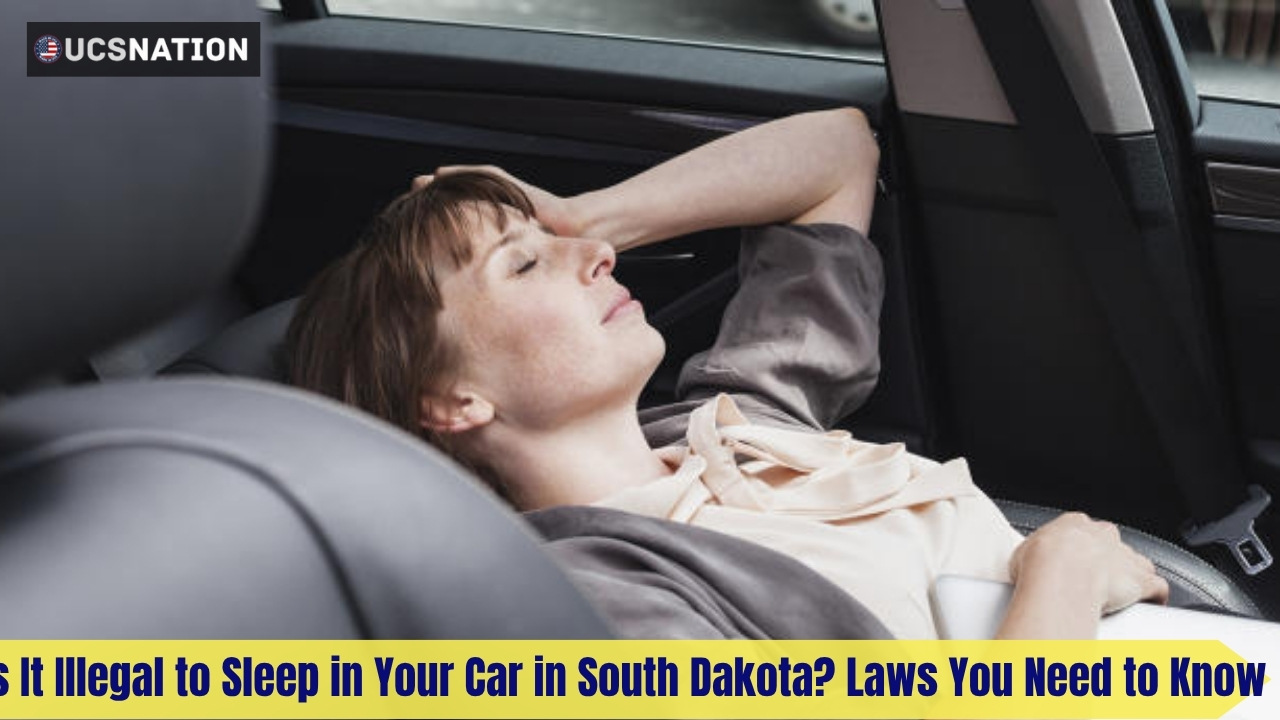




Leave a Reply